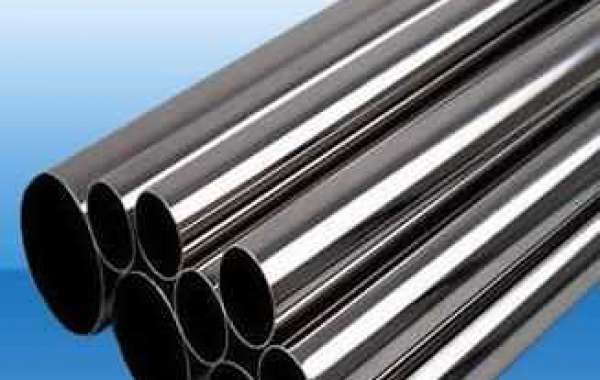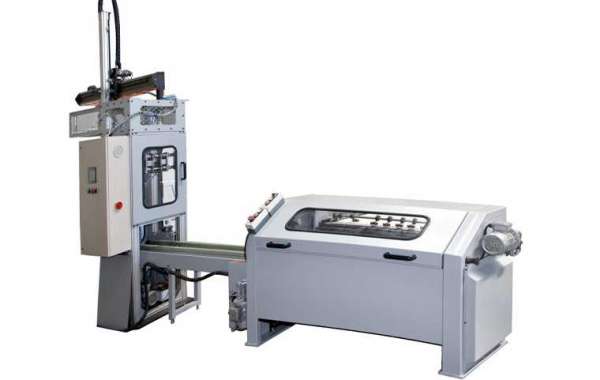The appearance of nickel alloy played an important role in the production and development of nickel alloy seamless pipe and tube.
Nickel alloys were developed in the late 1930s. The nickel-based alloy Nimonic75 (Ni-20Cr-0.4Ti) was first produced in the United Kingdom in 1941. In order to increase the creep strength and add Al, Nimonic 80 (Ni-20Cr-2.5Ti-1.3Al) was developed.
The United States in the mid-1940s, Russia in the late 1940s, and China in the mid-1950s also developed nickel-based alloys. The development of nickel-based alloys includes two aspects, namely the improvement of alloy composition and the innovation of production technology.
In the early 1950s, the development of vacuum smelting technology created conditions for refining nickel-based alloys with high Al and Ti content and drove a substantial increase in alloy strength and service temperature. In the late 1950s, due to the increase in the working temperature of turbine blades, alloys were required to have higher high-temperature strength, but when the strength of the alloy was high, it was difficult to deform, or even unable to deform. Therefore, precision casting technology was used to develop a series of good high-temperature strengths. Of casting alloys. In the mid-1960s, directional crystalline and single crystal superalloys with better performance were developed, as well as powder metallurgy superalloys.
In order to meet the needs of ships and industrial gas turbines, a number of high-Cr nickel-based alloys with good thermal corrosion resistance and stable structure have been developed since the 1960s. In about 40 years from the early 1940s to the late 1970s, the working temperature of nickel-based alloys increased from 700 by 1,100°C, an average annual increase of about 10°C.
Today, the service temperature of nickel-based alloys can exceed 1,100°C. From the aforementioned Nimonic75 alloy with a simple composition to the recently developed MA6000 alloy, the tensile strength at 1,100°C can reach 2,220MPa and the yield strength is 192MPa; Its durability under the conditions of 1,100℃/137MPa is about 1,000 hours, and it can be used for aero-engine blades.
For more information about Alloy Steel Seamless Pipe, you can consult Huzhou Nanxun Yintuo Special Material Technology Co., Ltd.






